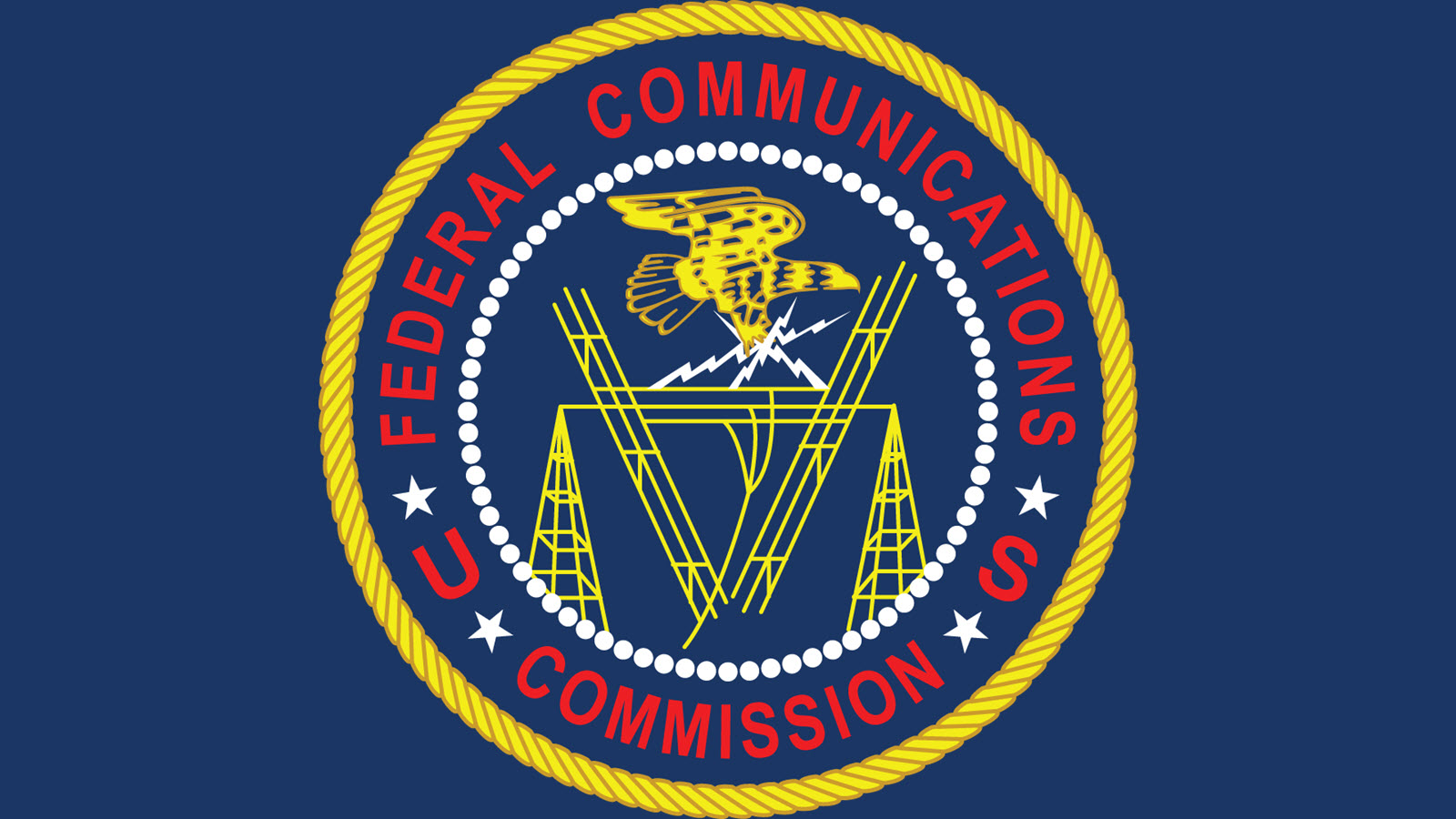FCC: Cox, Frontier Not Qualified to Bid on 24 GHZ Spectrum

The smarter way to stay on top of broadcasting and cable industry. Sign up below
You are now subscribed
Your newsletter sign-up was successful

The FCC has identified 38 qualified bidders for the upcoming--March 14--auction of 24 GHz high-band (millimeter wave) spectrum (auction 102) and AT&T, Verizon and T-Mobile are all on the list. But a couple of familiar names were missing.
There were 58 bidders on the initial list of those who had submitted a short-form payment, including Cox and Frontier, but they were on a list of bidders deemed not qualified to bid.
Cox confirmed it would not be bidding on the spectrum after all, but is still bound by FCC auction rules not to discuss the matter."Cox can confirm that it will not be bidding in the 24GHz spectrum auction (Auction 102). Due to FCC auction rules Cox cannot comment further," the company said.
The FCC did not say what the deficiencies were for the list of non-qualified bidders, but it did say that "each Auction 102 applicant whose short-form application to participate in Auction 102 (FCC Form 175) had previously been deemed to be complete [Cox and Frontier among them] could become qualified to bid after making a timely and sufficient upfront payment," which were due Feb. 19.
Among the other qualified bidders was Windstream, which this week began reorganizing under chapter 11 bankruptcy. But it said Wednesday (Feb. 26) it had received permission from the court to "up to $400 million of its $1 billion in debtor-in-possession (“DIP”) financing" to allow it to continue operating its business as usual, including apparently investing in spectrum, and in its future, if it wins any in the auction.
The FCC earlier this year completed auction 101 of 28 GHz spectrum, which brought in $702,572,410 for 2,965 licenses. The 24 GHz auction comprises 2,909 licenses divided up by partial economic areas.
Both auctions are intended to free up more spectrum for next generation (5G) broadband, part of the FCC's Spectrum Frontiers proceeding.
The smarter way to stay on top of broadcasting and cable industry. Sign up below
The 24 GHz spectrum is divided into a lower and higher portion, the lower (24.25 – 24.45 GHz and 24.75 – 25.25 GHz) being licenses as two, 100-MHz blocks and the upper (24.75 – 25.25 GHz) licenses as five, 100 MHz blocks.
Contributing editor John Eggerton has been an editor and/or writer on media regulation, legislation and policy for over four decades, including covering the FCC, FTC, Congress, the major media trade associations, and the federal courts. In addition to Multichannel News and Broadcasting + Cable, his work has appeared in Radio World, TV Technology, TV Fax, This Week in Consumer Electronics, Variety and the Encyclopedia Britannica.

